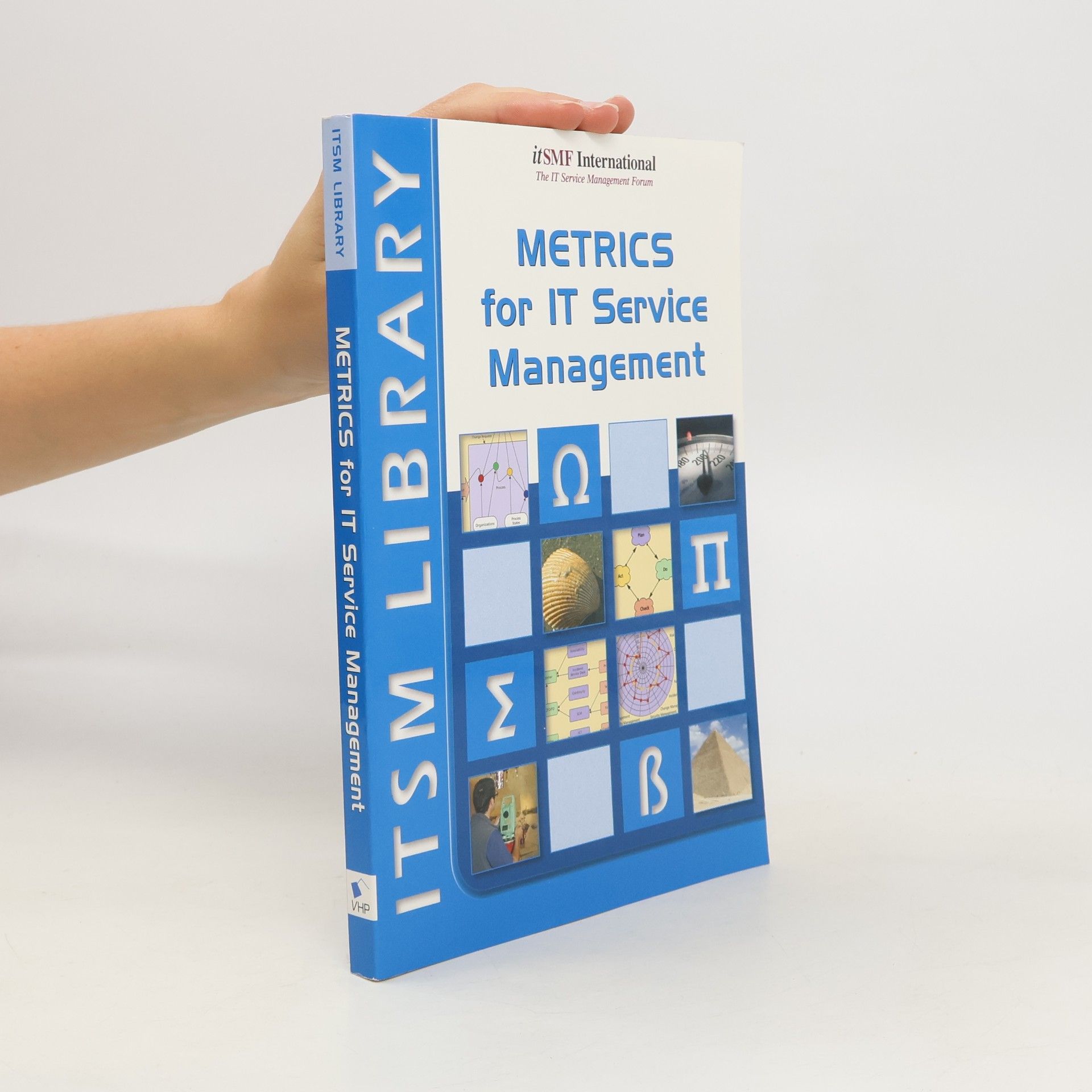Balzac's Lives
- 304 pages
- 11 hours of reading
Enter the mind of French literary giant Honoré de Balzac through a study of nine of his greatest characters and the novels they inhabit. Balzac's Lives illuminates the writer's life, era, and work in a completely original way. Balzac, more than anyone, invented the nineteenth-century novel, and Oscar Wilde went so far as to say that Balzac had invented the nineteenth century. But it was above all through the wonderful, unforgettable, extravagant characters that Balzac dreamed up and made flesh—entrepreneurs, bankers, inventors, industrialists, poets, artists, bohemians of both sexes, journalists, aristocrats, politicians, prostitutes—that he brought to life the dynamic forces of an era that ushered in our own. Peter Brooks’s Balzac’s Lives is a vivid and searching portrait of a great novelist as revealed through the fictional lives he imagined.

